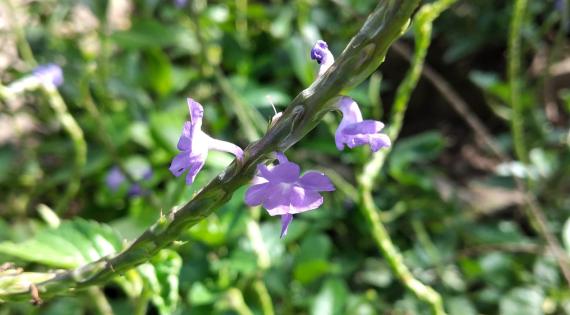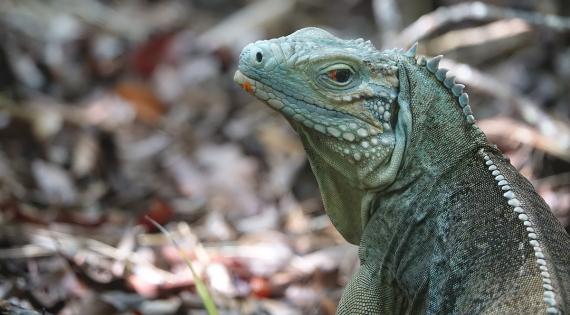British colonialist policies have had, and continue to have, hugely significant social and environmental impacts throughout the UK Overseas Territories (UKOTs) and former colonies. Impacts from forced migrations and removed cultural and natural heritage are still felt today in legacies including racial inequality.
British colonialism has also had environmental impacts such as deforestation, land clearance for agriculture, and the mass movement and establishment of non-native species both deliberate and accidental, leading to significant impacts on ecosystems.
The establishment of invasive non-native species (INNS) has negatively impacted global biodiversity, human health and economies. INNS interact with climate change, being described as a "deadly duo" by the IUCN, increasing the likelihood of extinction events occurring. The mass importation and establishment of non-native species has included species that have been important in the lives of people. Medicinal plant use can either involve species brought from their original homelands, or the use of species in the new environment similar to known species from the homeland.



